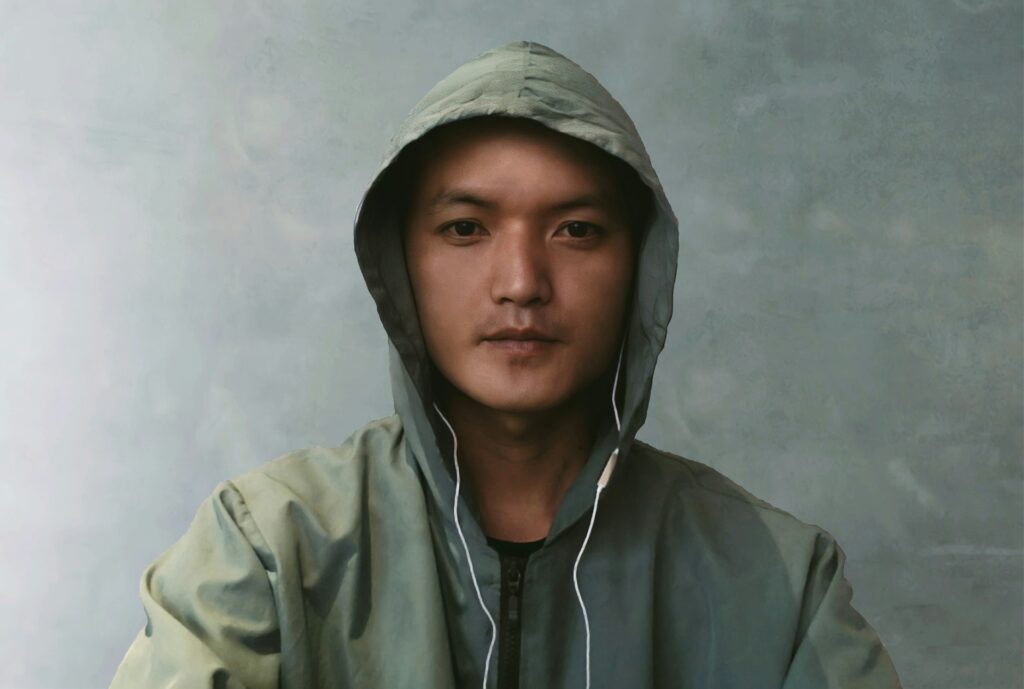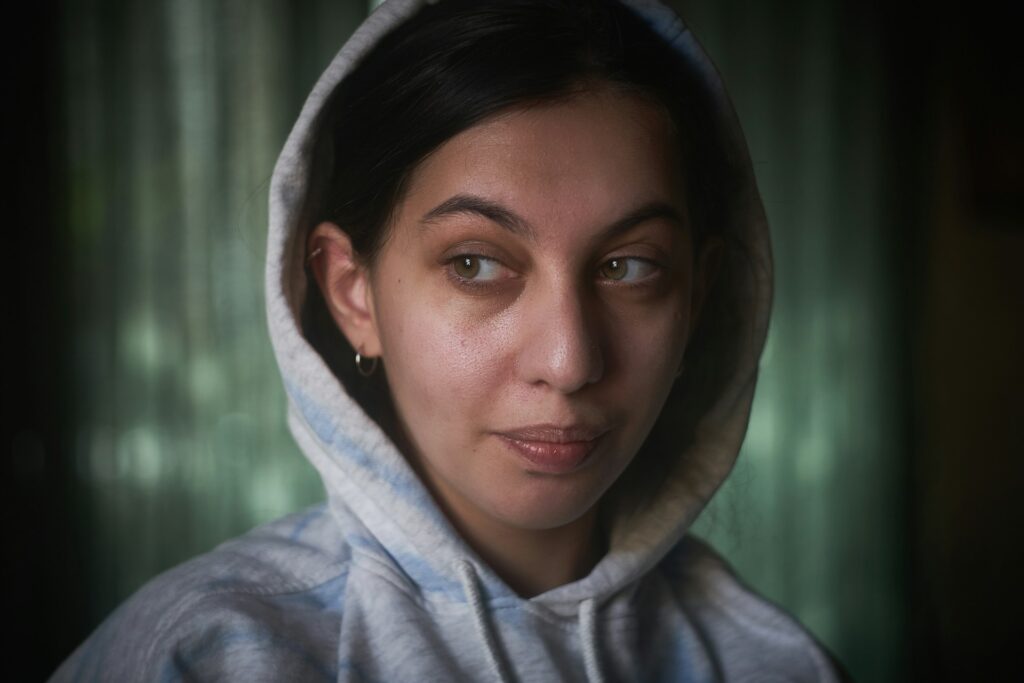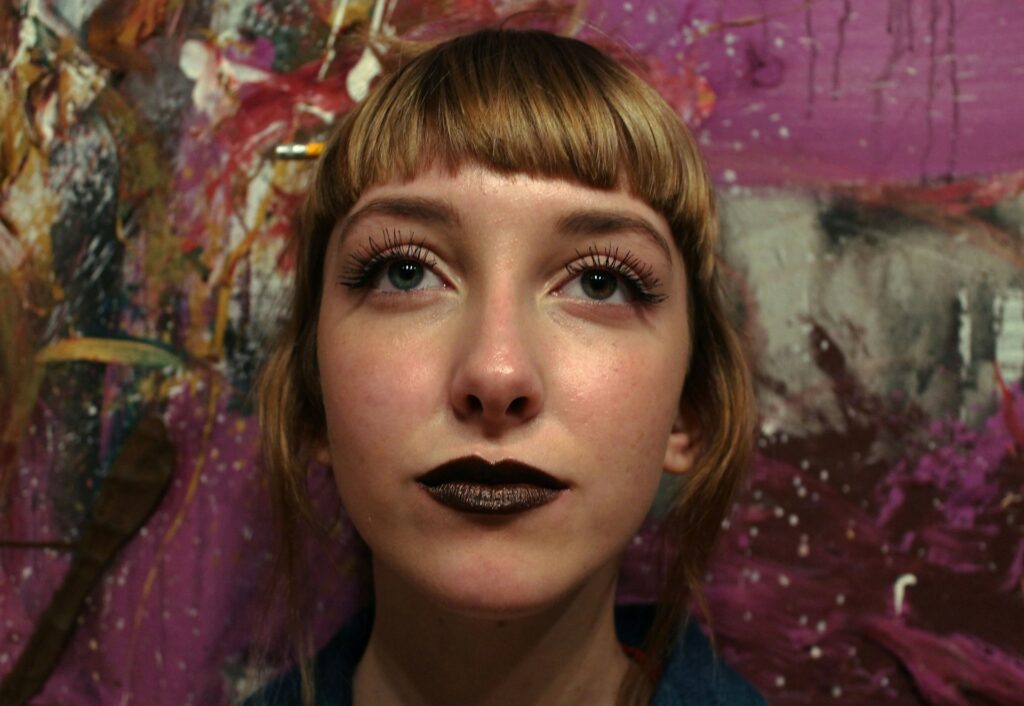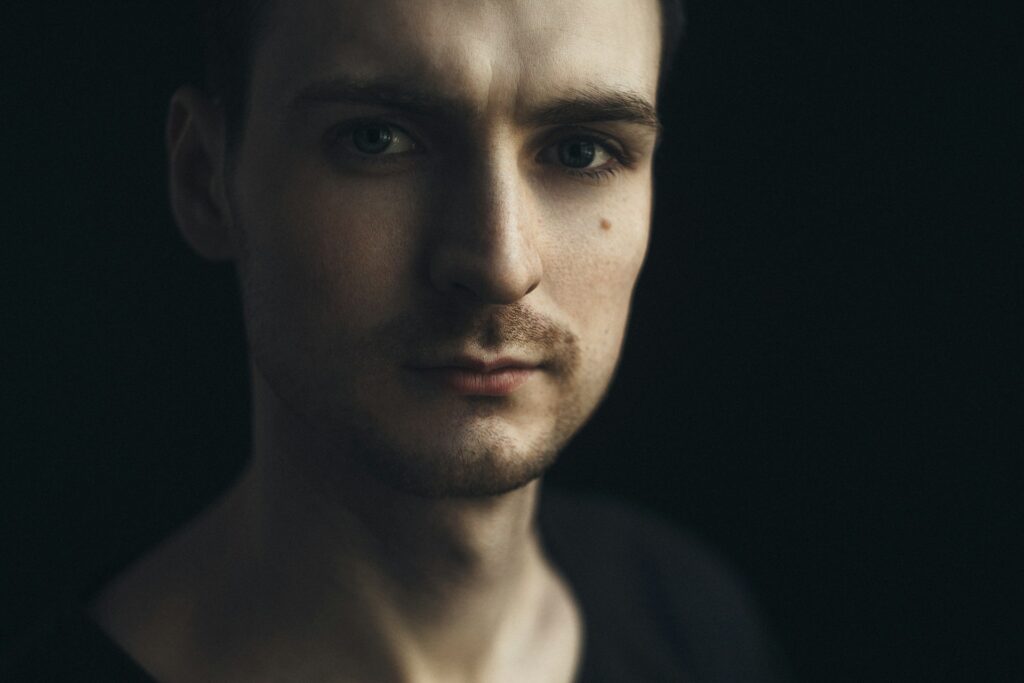The moment you walk into a room and suddenly feel like all eyes are on you can feel mortifying.

It’s like you’ve become the centre of attention, even if you’re just going about your business. The truth is, though, most people aren’t paying as much attention to you as you think. This phenomenon is known as the spotlight effect, and it can make you feel like everyone is judging you, even when they’re probably not. Here’s why this happens and why it can make you feel self-conscious.
1. You’re more aware of your own actions.

When you’re nervous or self-conscious, your brain focuses on your own actions and mistakes. You’re hyper-aware of everything you say and do, so it feels like everyone else must be too. But in reality, most people are far too absorbed in their own thoughts to notice the little things you’re worried about.
2. You overestimate how much other people notice.

We all have a tendency to think we’re the centre of attention, especially in social situations. The spotlight effect makes us believe that every little thing we do—whether it’s an awkward laugh or a slip of the tongue—is being scrutinised. But the truth is, people are usually more focused on their own interactions than they are on yours.
3. We tend to focus on the negatives.

When we feel like we’re being watched, we zero in on our mistakes or the things we think are “wrong” about us. We forget that everyone has their own insecurities, and they’re probably not judging us as harshly as we think. People tend to be kinder and less critical than we give them credit for.
4. Social media magnifies the effect.

With social media, it’s easy to feel like you’re always being judged. Photos, posts, and comments can make us feel like we’re constantly in the spotlight. This makes it worse because we begin to believe that every like, comment, or share is a reflection of how other people see us, even though most interactions are fleeting and casual.
5. You’re emotionally invested in the situation.

When we’re emotionally invested in an event or interaction, it can feel like the stakes are much higher. Whether it’s a job interview or a casual social gathering, the spotlight effect makes us think that everyone is watching us closely because we’re so focused on the outcome. But, in reality, the people around you are likely thinking about their own goals or problems, not yours.
6. Your self-esteem affects your perception.

How we see ourselves has a huge impact on how we think other people see us. If you’re feeling insecure or unsure about something, the spotlight effect will make you believe that everyone is noticing and judging you. When your self-esteem is low, it’s easy to feel like you’re under constant scrutiny.
7. You’re way too hard on yourself.

Sometimes, we feel like everyone is watching because we are constantly overanalysing our own actions. When you constantly criticise yourself or worry about your performance, it amplifies the feeling of being judged. But it’s important to remember that other people are often much more forgiving than we are with ourselves.
8. People are more focused on their own image.

The truth is, everyone is often more preoccupied with how they are being perceived than with how you’re being perceived. That means that while you might feel like all eyes are on you, the chances are that most people are worrying about their own actions, too. The spotlight effect often makes us forget that we’re not the only ones who feel self-conscious.
9. You’ve experienced it before.

If you’ve had an uncomfortable social experience or been the subject of criticism in the past, you’re more likely to feel like the spotlight is always on you. Your mind carries the memory of past experiences, making it easier to feel judged, even if there’s no reason to be.
10. You’re imagining scenarios that aren’t real.

The spotlight effect often leads us to imagine things that haven’t happened. You might assume that people are judging you based on how you look, speak, or behave, but in most cases, they aren’t even thinking about it. Our minds tend to jump to conclusions, imagining all the worst-case scenarios that don’t actually play out.
11. We expect other people to notice what we notice.

When we feel embarrassed or self-conscious about something, we think everyone else must be noticing it too. If you spill something on your clothes or say the wrong thing, you might feel like it’s the focal point of everyone’s attention. However, it’s likely that no one even noticed—or if they did, they’ve already moved on from it.
12. Anxiety feeds the spotlight effect.

If you already have anxiety or tend to overthink situations, the spotlight effect becomes more pronounced. Your anxious thoughts make you feel like you’re under constant scrutiny, even when there’s no reason to believe anyone’s paying that much attention. Anxiety makes it hard to turn off that mental spotlight, so it keeps shining brighter than necessary.


